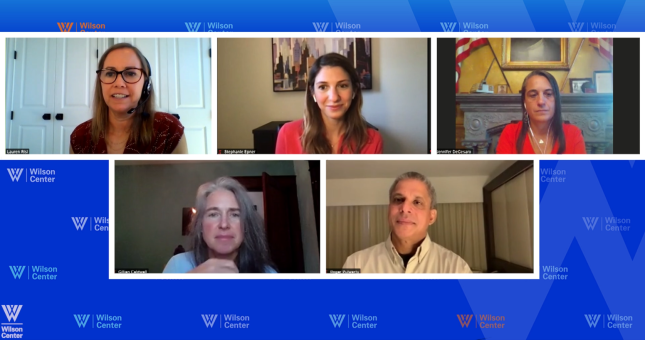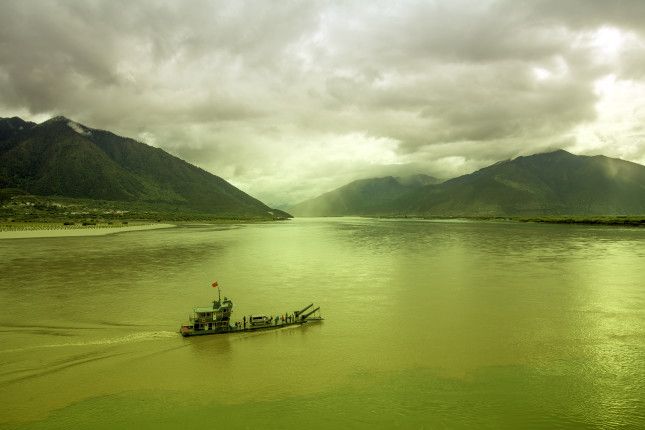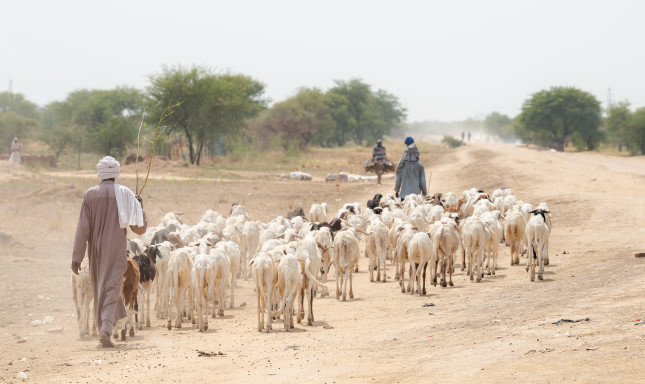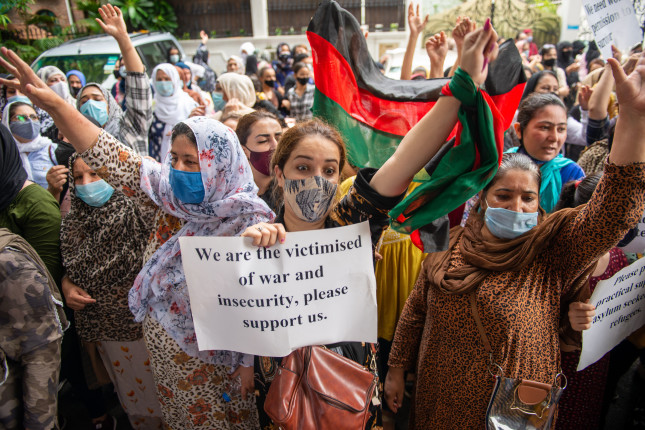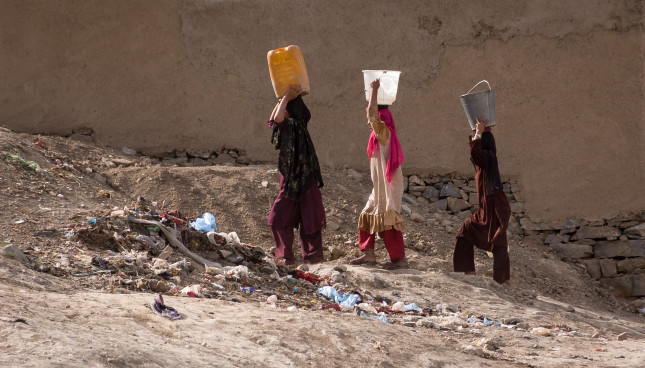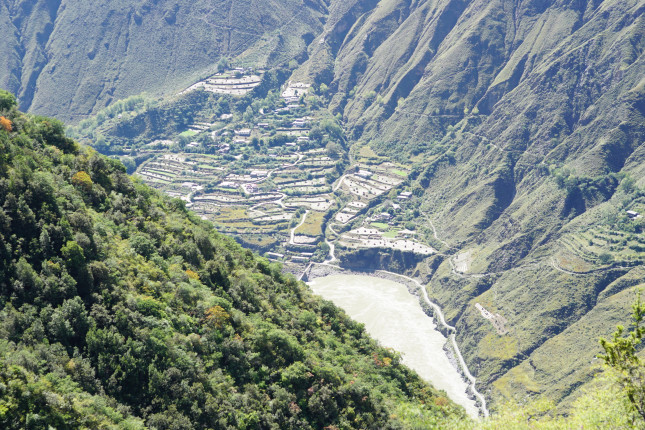-
All Systems Go: Integrating Climate Security Across the U.S. Government
›“We are really taking a whole-of-government approach to address the challenges posed by climate change,” said Jennifer DeCesaro, Director for Climate Security and Resilience at the U.S. National Security Council, at a recent Wilson Center event hosted as part of the 2021 Berlin Climate and Security Conference. President Biden has taken an unequivocal position on climate change: The administration’s first order of business was to issue a series of executive orders aimed at catalyzing climate action. Putting the full institutional weight of the U.S. government behind this agenda requires a re-orientation of domestic and international security, development, and diplomacy. Creating “new muscle memory” on how we approach these typically siloed challenges is essential to elevating climate policy, said DeCesaro.
-
Simmering Glacial Geopolitics: Upcoming Crises with Transboundary Water Cooperation on Asia’s Back Burner
›
People’s lives and livelihoods are at stake if China does not cooperate with its regional neighbors over downstream effects of the Tibetan plateau’s glaciers. The Hindu Kush Himalayas’ (HKH) numerous glaciers are known as the “Water Towers of Asia” and the “Third Pole.” Over 1.9 billion people depend on water systems that stem from HKH glaciers. Climate change will fundamentally alter the hydrology of the water basins—killing or displacing thousands of people as the changes unfold. Asia cannot continue with national or bilateral plans being the primary climate change adaptation strategies: basin-wide cooperation is essential. Unfortunately, conflicts and simmering disputes in the region make this a staggering goal to achieve.
-
Conflict in the Sahel Likely to Worsen as Climate Change Impacts Increase
›
Currently there isn’t a lot of good news coming out of the Sahel, the area in Africa that borders the Saharan desert to the north, the Sudanian Savannah to the south, and stretches across the continent. Multiple raging insurgencies, especially in the western part of the region, fuel a news cycle of offensives and counter offensives, responses and massacres.
According to the damning new ‘code red for humanity’ report from the Intergovernmental Panel on Climate Change (IPCC), the news from the region isn’t likely to get better any time soon.
-
Afghans that Remain Are in Dire Need of Humanitarian Support
›
Although large-scale evacuation efforts have dominated international attention, evacuation is only an option for a “tiny fraction” of the Afghan population, said Vicki Aken, Country Director for Afghanistan at the International Rescue Committee, at a congressional briefing hosted by the Tom Lantos Human Rights Commission. The briefing was focused on the evolving humanitarian situation in Afghanistan and the need for civil protection in the country. “More than 40 million Afghans will remain in Afghanistan,” said Aken. “And half of them already face critical humanitarian needs.”
-
What Next for U.S. Engagement on Cambodia’s Protected Forests?
›
Cambodia’s lush Prey Lang rainforest is abundant with animals, insects and birds, including endangered species, and diverse types of forests. It also provides resin tapping and other sources of livelihood for some 250,000 people, many of whom are Indigenous Kuy, living within or adjacent to the forest.
-
Water and (in-)Security in Afghanistan as the Taliban Take Over
›
The takeover of Afghanistan by the Taliban not only threatens people’s lives, security, and fundamental freedom, but also significantly increases risks of water insecurity both immediately and in the long term. While our hearts and minds are with the people struggling for survival and freedom in Afghanistan today, we should not forget that the implications of Taliban rule will add yet another challenge to the long-term future of the Afghan people, and possibly also to the entire region’s stability.
-
Predicting the Rise and Demise of Liberal Democracy: How Well Did We Do?
›
In 2007, at the (U.S.) National Intelligence Council, a colleague and I set out to determine if we could forecast two distinct political phenomena, the rise and the demise of high levels of democracy. To guide our decade-long forecasts, we relied on a simple statistical model and a spreadsheet of demographic projections from the UN’s 2006 World Population Prospects data set. Now that the experimental period (from 2010 to 2020) has ended, we can look back and ask: How well did these forecasts perform?
-
To Build or Not to Build: Western Route of China’s South-North Water Diversion Project
›China Environment Forum // Guest Contributor // August 12, 2021 // By Hongzhou Zhang & Genevieve Donnellon-May
One of the biggest challenges facing China’s future development is water, which must support the country’s 1.4 billion people and booming industries. Despite being one of the top five countries with the largest freshwater resources, on a per capita basis, China faces serious water shortages which are further compounded by a highly uneven spatial distribution and precipitation: the densely populated north suffers from acute water shortages whereas the south is prone to severe floods. To optimize the allocation of water resources, China has embarked on the construction of a mega engineering project, the South North Water Diversion project (SNWD).
Showing posts from category security.


